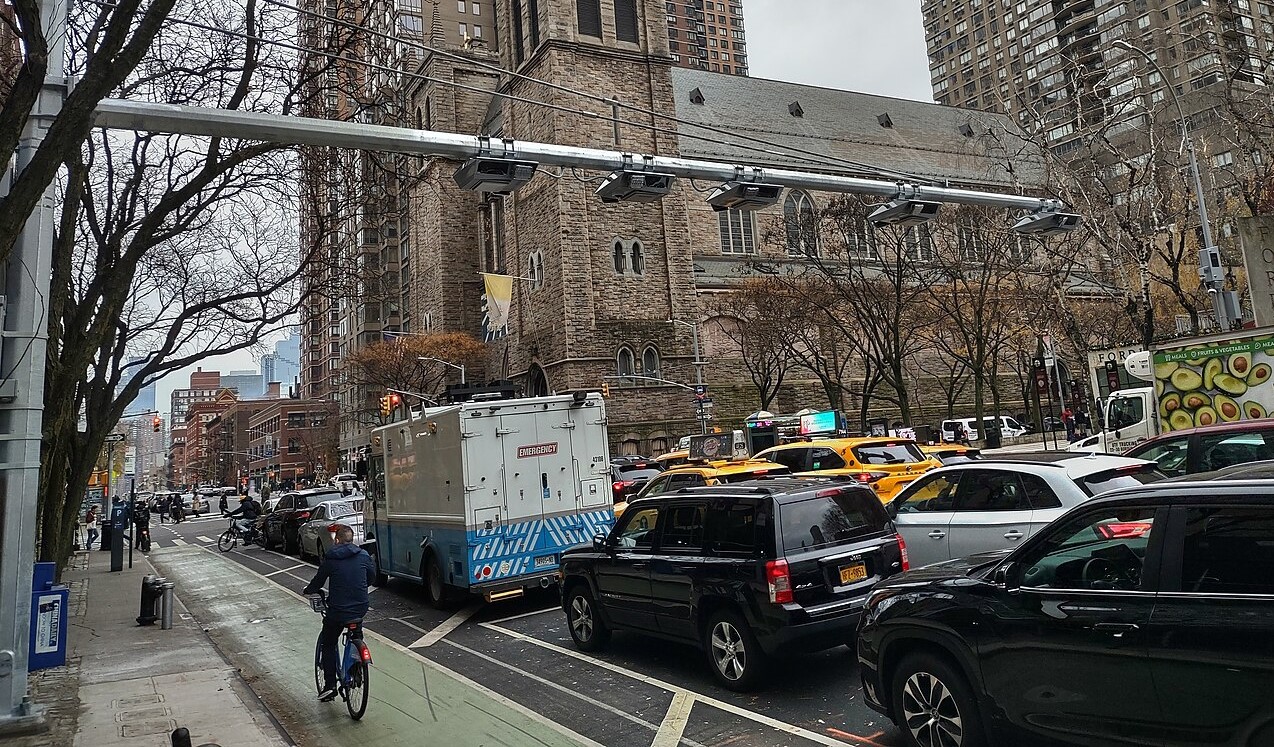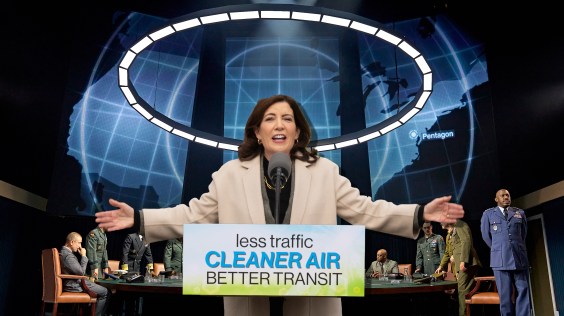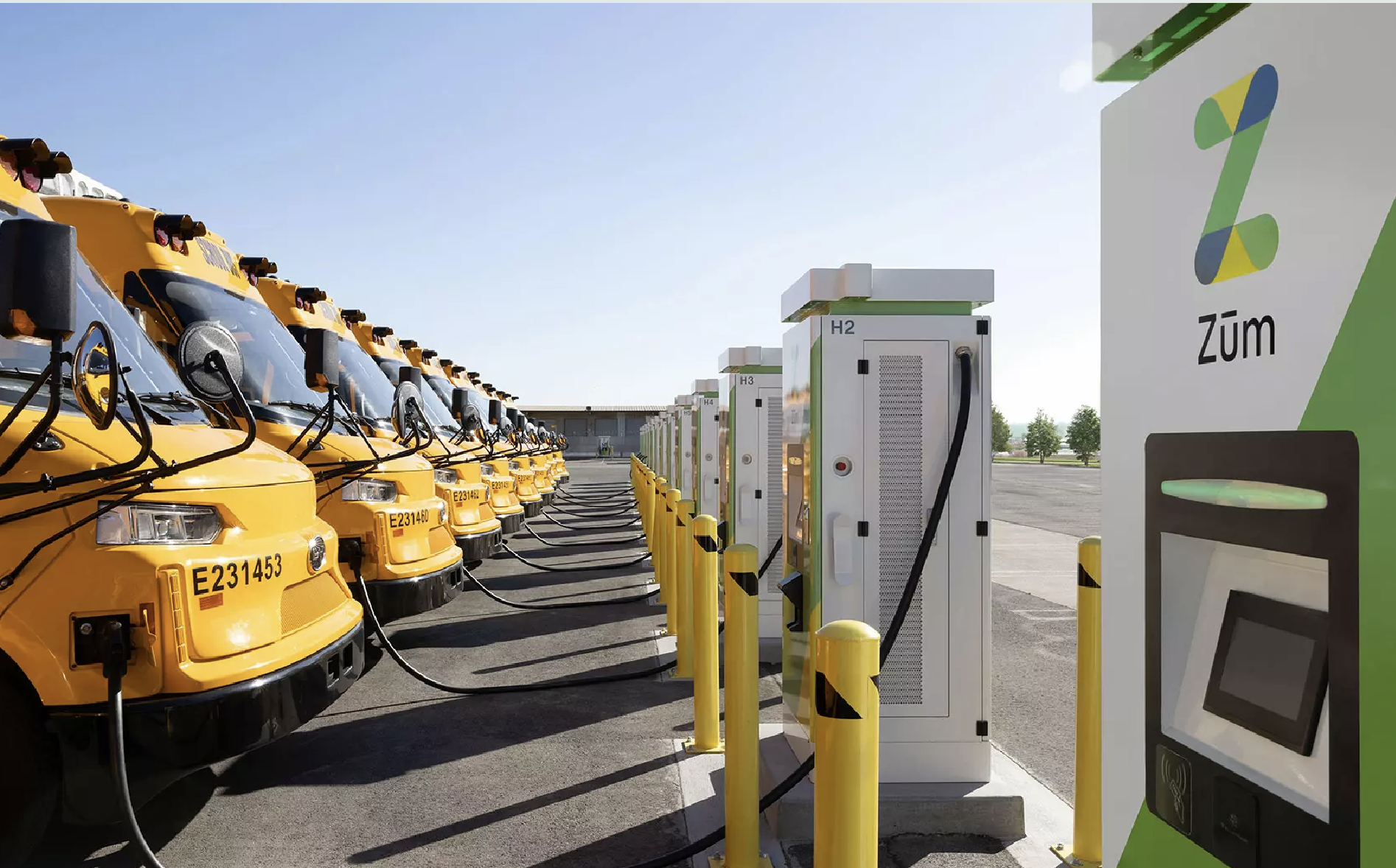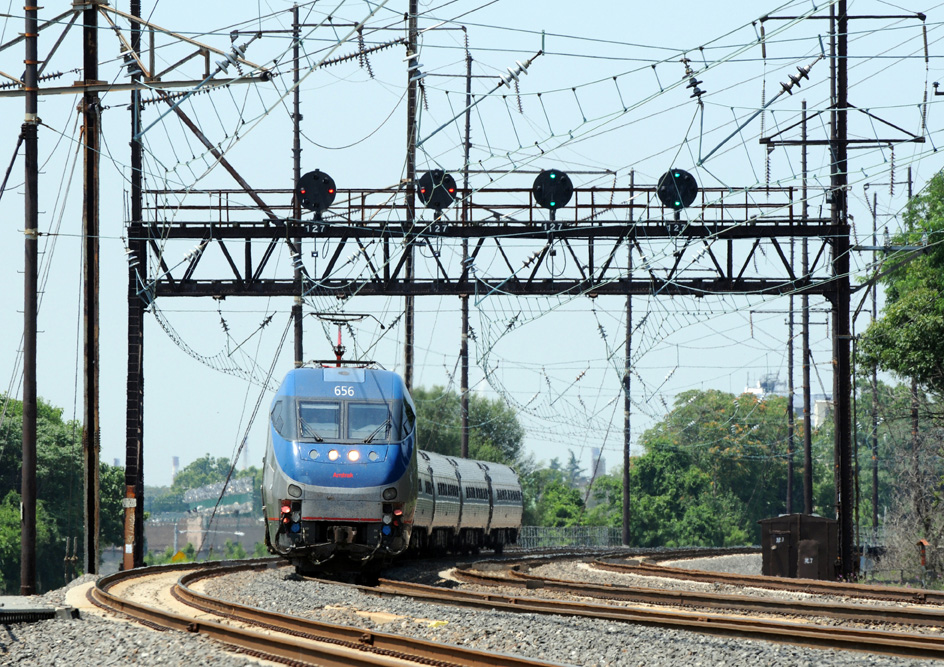The White House officially unveiled its $3.8 trillion budget for the fiscal year 2011 this morning, seeking $1 billion to continue its high-speed rail investment and $530 million for the transportation leg of the Obama administration's inter-agency push to promote sustainable planning on the local level.
 White House budget chief Peter Orszag challenged employees to boost their walking last fall. (Photo: CSM)
White House budget chief Peter Orszag challenged employees to boost their walking last fall. (Photo: CSM)The budget also proposes a $4 billion National Infrastructure Innovation and Finance Fund, a rechristened National Infrastructure Bank that would use federal money to leverage private capital for large-scale projects improving the nation's built environment.
The $530 million request for the three-agency sustainable communities partnership, which got $150 million from Congress for the current fiscal year, would go directly to the U.S. DOT for "comprehensive regional and community planning efforts that
integrate transportation, housing, and other critical investments," according to the White House budget office.
The administration requested $160 million in total for the two other agencies involved in the partnership, the Environmental Protection Agency and the Department of Housing and Urban Development (HUD).
As promised to Congress in December, the White House also set aside funding for the implementation of its plans for a new federal role overseeing rail transit safety. The U.S. DOT would receive $30 million in today's budget to train new inspectors and help cities such as Washington D.C. come into compliance with minimum safety standards.
On the controversial question of the cash-strapped highway trust fund -- which is expected to run out of money this spring, not long after the expiration of the latest short-term extension to the 2005 federal transportation law -- the presidential budget maintains its insistence on waiting until 2011 to fix the nation's transport funding crisis.
In the budget's U.S. DOT section, the White House writes:
The current framework for financing and allocating surface transportation investments is not financially sustainable, nor does it effectively allocate resources to meet our critical national needs. The Administration recommends extending the current [federal bill] through March 2011, during which time it will work with the Congress to reform surface transportation programs and put the system on a viable financing path. ...
[T]he Administration seeks to integrate economic analysis and performance measurement in transportation planning to ensure that taxpayer dollars are better targeted and spent.
In a separate section of the budget dedicated to long-term fiscal analysis, the White House describes its $43 billion estimate for highway spending in 2011 as a placeholder, not intended to reflect the funding strategy "that the Administration and Congress necessarily should or will adopt for the long-term reauthorization" legislation.
"Rather," the budget adds, "its purpose is to accurately reflect the condition of the [highway trust fund] and recognize that, under current law, maintaining baseline spending" on highways will require more transfers of cash from the general Treasury.





